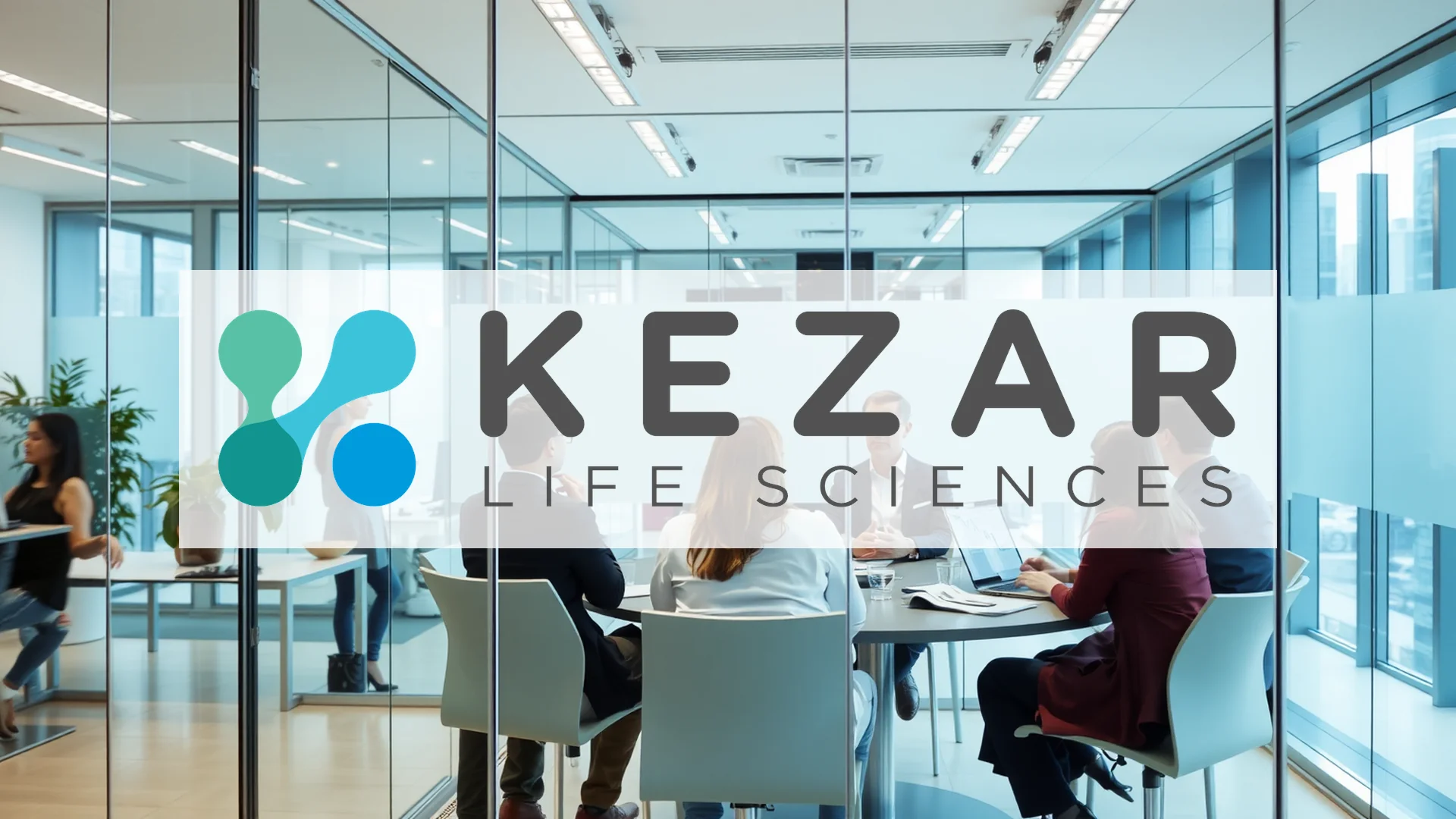Kezar Life Sciences finds itself navigating a severe operational crisis, marked by significant regulatory setbacks and a dramatic corporate restructuring. The biopharmaceutical company’s shares are under substantial pressure as its financial reserves diminish and the future of its lead drug candidate, Zetomipzomib, hangs in the balance.
Regulatory Roadblocks Derail Development Timelines
The U.S. Food and Drug Administration (FDA) has delivered a major blow to Kezar’s clinical ambitions. The agency halted the company’s planned registration trial for Zetomipzomib in autoimmune hepatitis, demanding a separate pharmacokinetic study in patients with liver impairment first. This requirement is projected to delay the program by approximately two years.
Compounding the challenge, the FDA is also insisting on a 48-hour in-clinic patient monitoring period, a condition expected to significantly hinder patient recruitment efforts. These regulatory obstacles have directly prompted the company to explore strategic alternatives. This setback follows previous clinical holds; studies involving Zetomipzomib for lupus were previously discontinued following patient deaths and FDA interventions. In light of these events, analysts at Jefferies have slashed the probability of success for the drug candidate to a mere 10%.
Drastic Restructuring to Conserve Capital
In response to these challenges, Kezar Life Sciences has initiated a sweeping restructuring program designed to preserve its cash runway. The plan involves a reduction of its workforce by approximately 70%, equating to 31 employees.
This strategic shift, however, comes with its own costs. The company will incur approximately $6.0 million in one-time termination benefits and associated charges, the majority of which will be recognized in the fourth quarter of 2025. This move underscores the company’s transition into a survival-focused operational mode.
Financial Position Shows Accelerating Strain
The company’s third-quarter 2025 financial results paint a concerning picture. Cash, cash equivalents, and marketable securities fell to $90.2 million, a significant decrease from the $132.2 million reported at the end of 2024. The net loss for the quarter was $11.2 million.
Should investors sell immediately? Or is it worth buying Kezar Life Sciences?
Key expenditure metrics reflect the company’s scaled-back operations:
* R&D Expenses: Sharply reduced to $6.9 million (from $16.2 million in the prior-year period)
* General & Administrative Costs: Decreased to $4.8 million
* Loss Per Share: Reported at $1.53
The dramatic contraction in research and development spending is a direct result of discontinued clinical trial activities and lower personnel-related costs.
Glimmers of Hope Amid the Crisis
Despite the overwhelming challenges, glimmers of clinical promise for Zetomipzomib remain. Data from the Phase 2a PORTOLA trial showed that 36% of patients with autoimmune hepatitis treated with the drug achieved biochemical remission while also reducing their steroid dose. This compared favorably to a 0% remission rate in the placebo group.
Furthermore, the PALIZADE study in lupus nephritis, though subsequently terminated, demonstrated positive effects. In that trial, 42% of treated patients achieved specific proteinuria endpoints, versus 21% in the placebo cohort.
The critical question now is whether Kezar Life Sciences can orchestrate a reversal of its downward trajectory. With time running out, the company’s strategic repositioning will ultimately determine its fate, leaving its equity classified as deeply distressed.
Ad
Kezar Life Sciences Stock: Buy or Sell?! New Kezar Life Sciences Analysis from February 7 delivers the answer:
The latest Kezar Life Sciences figures speak for themselves: Urgent action needed for Kezar Life Sciences investors. Is it worth buying or should you sell? Find out what to do now in the current free analysis from February 7.
Kezar Life Sciences: Buy or sell? Read more here...











